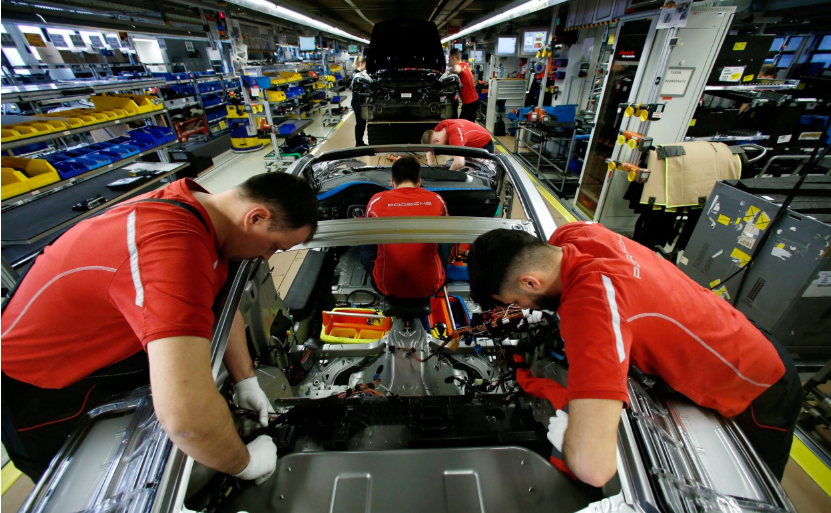Growth barely increased in the second quarter, with GDP only rising by 0.1%, as opposed to the initial estimate of 0.3% at the end of July. Now, policymakers have more substantial evidence of the weakness taking hold in the Eurozone economy, which doesn’t bode well for an interest rate hike.
The remainder of the year also looks equally grim, with PMI data indicating a contracting activity and surveys pointing toward another anaemic expansion of just 0.1% in the current quarter. The revision also raises the possibility that the previous ECB growth forecast of 0.9% for the year may be downwardly revised in the new estimates expected on September 14th.
The data confirms how much the weakness in global demand caused by China is harming exporters enough to weigh down on the entire region.
Germany, the largest economy in the Eurozone, and Italy, the third-largest, are currently suffering from a likely recession in the manufacturing sector. Italy even experienced an overall contraction of its GDP in the second quarter.
Germany is struggling to grow, and its weakness is expected to persist. This week’s announcement that expansion couldn’t resume in the last quarter, coupled with poor results from the July survey, demonstrates how much the country, long considered the engine of the region’s expansion, is currently dampening its prospects. The latest data highlights how deeply rooted the industrial malaise is. The IMF predicts that the energy-challenged economy will be the only one among the G7 Group to face contraction.
The malaise runs deep and arises from the suicidal energy choices made by Chancellor Olaf Scholz. The ongoing energy crisis in Germany, stemming from the Ukraine war, is paralyzing manufacturers in an economy already grappling with a shortage of human skills and low productivity. Increased global competition in the electric vehicle sector threatens its flagship industry: the auto sector. These long-term challenges combine with short-term factors like weak Chinese demand and monetary policy tightening to compress the industry further. Germany’s persistent problem of how to produce affordable energy due to its long-standing reliance on Russian gas and its political aversion to nuclear energy remains a significant challenge, as does the abandonment of fossil fuels.
